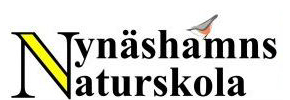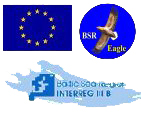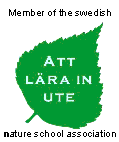|
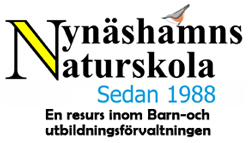
SUSTAINABLE DEVELOPMENT
Keep the Municipality Tidy 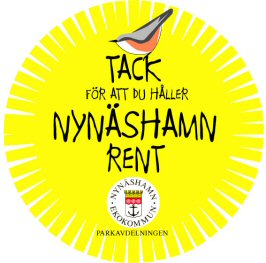
This folder describes the possibility to work with a campaign in a municipality. It is a way to work practically with sustainable development and values within the school, the preschool and in the local community. The descriptions are based on experiences from the Nynäshamn Nature School and are part of the EU-project COBWEB

SPRING-Shadow,Pedagogy,Activity in Nature and School Ground environments Background: Harmful UV-radiation from the sun and physical inactivity among children increase the risk for unhealthiness. Physical inactivity also hinders the development of the concentration ability. The occurrence of skin cancer is increasing for both women and men. The reason is considered to be overexposure of UV-radiation with burns (skin redness), mostly during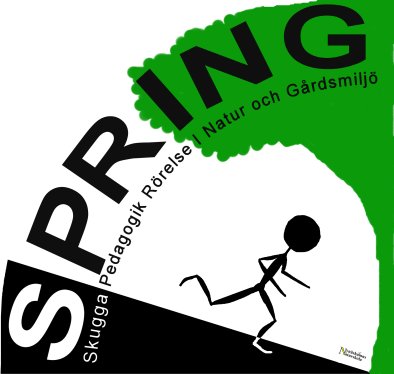

The School Checklist 
In May 2003, a new environmental and public health plan for the public administration of child-care and education was approved (in the eco-municipality of Nynäshamn). The current plan covers the period 2003 through 2006 and in order to facilitate environmental efforts, a checklist is to be produced for all units within the administration. The School checklist for environmental and public health diplomas is an example of such a list. Using it, Schools can track their progress in the area of environment and public health, and quickly assess where improvement is needed.

The Preschool Checklist 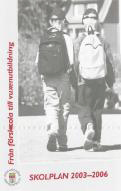
In May 2003, a new environmental and public health plan for the public administration of child-care and education was approved (in the eco-municipality of Nynäshamn). The current plan covers the period 2003 through 2006 and in order to facilitate environmental efforts, a checklist is to be produced for all units within the administration. The preschool checklist for environmental and public health diplomas is an example of such a list. Using it, preschools can track their progress in the area of environment and public health, and quickly assess where improvement is needed.

Sustainable Development Week 
The Nature School of Nynäshamn is a unit within the schools and pre-schools area in the Eco-municipality of Nynäshamn. Formally, the Nature School falls under the public administration of child-care and education. The Nature School is also responsible for Agenda 21 activities within this part of the public administration. For several years, the Nature school has organised environmental weeks at schools in the Nynäshamn area. During spring 2003 the idea was born to develop and enlarge this project. Environmental issues would be supplemented with the public health, social aspects and economical points of view. The target group would also be expanded to include all residents of the local area. The purpose of the theme week, 27/10 -2/11 2004, was to bring public attention to an important topic and encourage discussions on how we, the residents of the Eco-municipality of Nynäshamn, can achieve sustainable development on both a local and global level.

The exploding mailbox 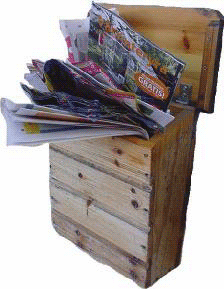
The purpose of this guide is to stimulate discussion on paper consumption. Greater awareness of direct mail and how producing it strains our environment can help households take the active decision to post “No Direct Mail��? stickers on their mailboxes. This guide will introduce different methods of working with subjects like direct mail, paper, timber and forests. Both indoor and outdoor activities are described.

Toilet Etiquette 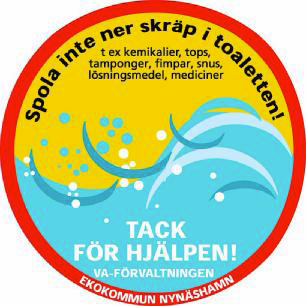
The campaign Toilet Etiquette aims to increase public knowledge on what may and may not be washed down the drain, thereby improving the quality of sludge produced in the region and reducing the amounts of nutrients and harmful chemicals released into lakes and seas. With improved sludge quality phosphor, a nutrient and a limited natural resource, can be recycled and used as a farmland fertilizer. Environmentally harmful substances hurt plants and animals and in the long run humans. They also disrupt the wastewater treatment process, thereby causing a higher discharge of nutrients into our environment. Everyone participating in the campaign is helping to recycle nutrients!

